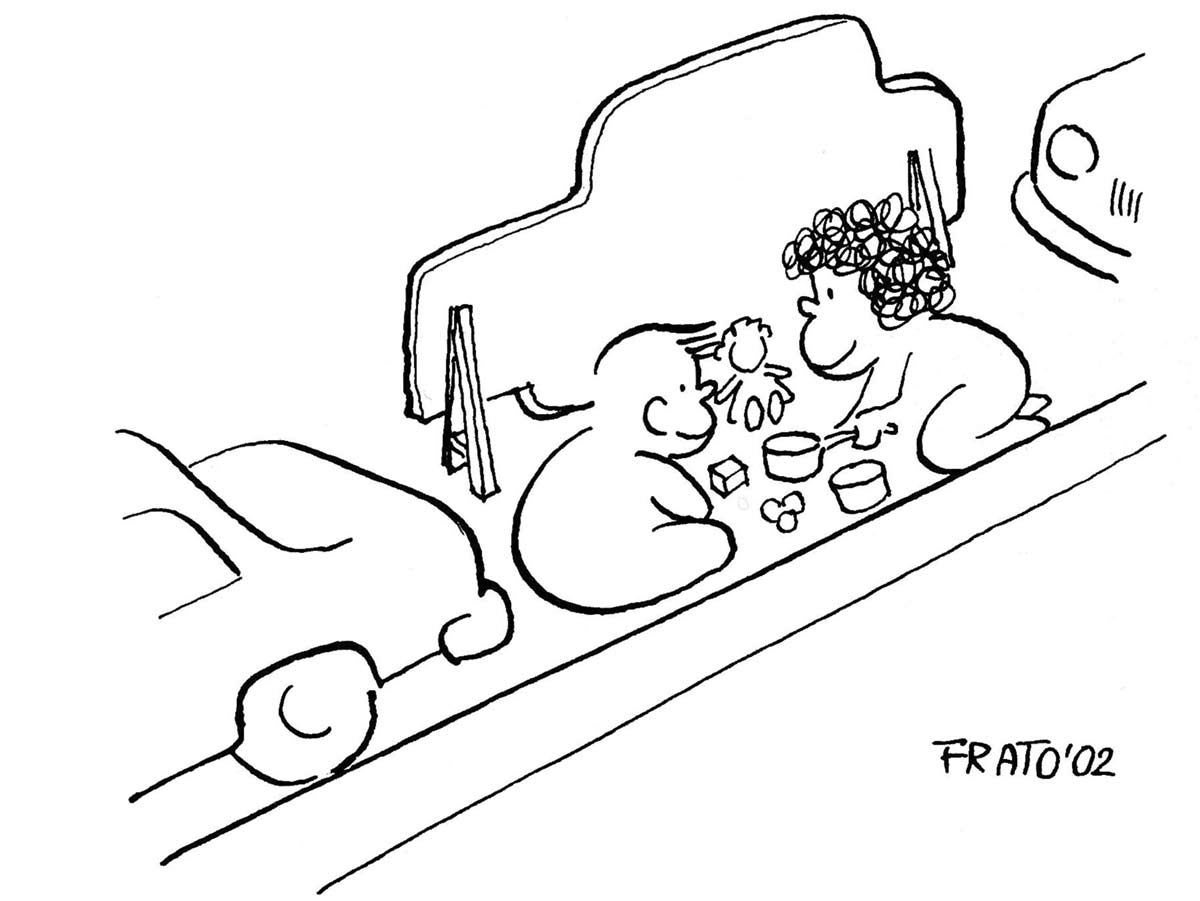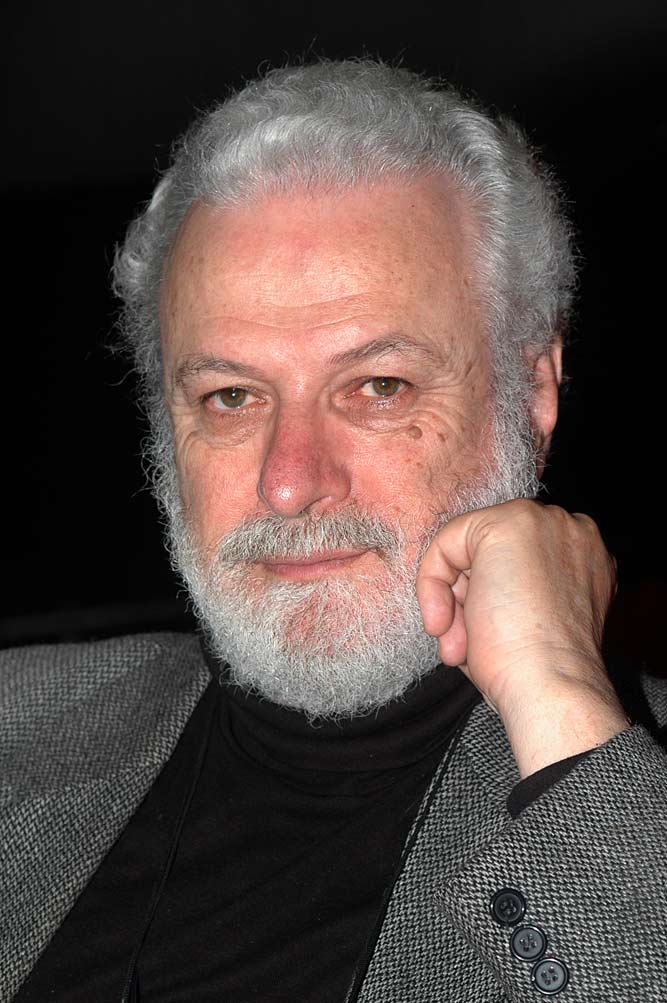The viewpoint
The Children's City
A revolutionary project aimed at changing urban models through the participation of children in the urban design and governance
Project for a new philosophy of urban governance
The project gives public authorities a new philosophy of urban governance, with the paradigm 'the children's city' instead of that of the adult male worker who in recent decades has been the benchmark for municipal policies.
There are several reasons for such a seemingly anomalous proposal:
- Cities have lost their characteristic shared meeting and exchange places, their structures and services are geared to the demands of work -the main activity of privileged citizens- and the car: their favourite toy.
- In cities our children have totally lost their autonomy of movement and the ability to live their first experiences of exploration, discovery and play necessary for growth;
- Our generation is the first to have renounced being responsible for the future of generations to come.
Faced with this very worrying situation, children can promote real change. Their proposals coincide with those of experts and scientists, particularly psychologists, ecologists, sociologists, town planners, paediatricians and even lawyers.
Article 12 of the UN Convention on the Rights of the Child, 1989, establishes children's right to express their opinion -and for this to be taken into account- when decisions are being made that affect them. Local authorities are the people of reference for this project. A project that is more political than pedagogical, which aims to really change the city.
The children's city project moves along two main axes:
A. To promote children's participation in urban governance by setting up a Children's Council representing their views, so they participate along with policy makers in the design of public spaces
B. Returning the autonomy of movement to children in public spaces through "vamos solos a la escuela" (we go to school on our own) experience.

An International Network
The project is coordinated and sponsored by the Institute of Cognitive Sciences and Technologies (ISTC) of the Italian National Research Council (CNR) www.lacittadeibambini.org.
Over 200 cities in Italy, Spain, Argentina, Mexico, Colombia, Uruguay, Peru, Chile and Lebanon are currently part of "The City of Children" network.
A Basque Country Network
In January 2014, a Laboratory was started for "The Children's City" of the Basque Country with the participation of the Basque Innovation Agency (Innobasque), the Leioa Teacher Training College, Leioa City Council -which joined the project-, Bizkaia Regional Council and the Solasgune Association. "To make the most of my presence in Bilbao we presented the project to the local governments of several cities and I have developed a training course for civil servants from different sectors of administration and different cities participating in the project. The cities that join the project in the Basque Country will form a network within the International Network coordinated by the National Research Council in Rome".
For a better understanding of the project you can find more information on this website: www.lacittadeibambini.org (in Italian, Spanish and English and in two books by Francesco Tonucci "La Ciudad de los Niños" (City of Children) and "Cuando los Niños Dicen basta" (When Children Say: Enough) both published in Spain by Fundación Hernán Sánchez Ruipérez Madrid and the first one recently published in Basque: Haurren Hiria (Txatxilipurdi Elkartea). Similarly, it is interesting to reread Francesco Tonucci's interview published in issue 5 of Ihitza, dedicated to the city.

Francesco Tonucci is an Italian thinker, educational psychologist and artist ("Frato"), author of numerous books on the role of children in the urban ecosystem.
He worked as a teacher and in 1966 he became a member of the Psychological Institute of the National Research Council, in which he later presided over the Department of Educational Psychology, which conducts the environmental education program. His research focuses on children's cognitive development and the educational methodology. In 1991 he developed the Children's City project in his hometown, which was a great success and spread to different parts of the world.
He is also president of the "Italian Committee for Television and Children", for the protection of children. He is also a collaborator of the Naples Science City for "The Children's Workshop" and scientific collaborator of the project "The Children's Museum", in Rome. He was appointed honorary professor of the Faculty of Education Science at the Pontifical University of Lima.


